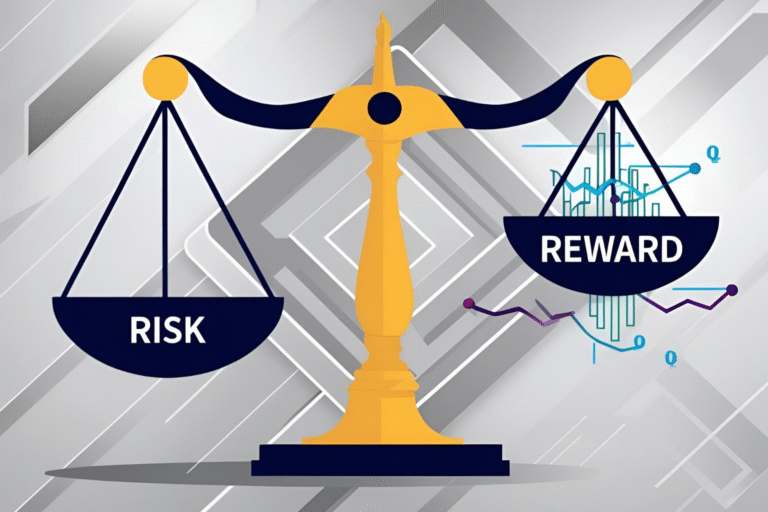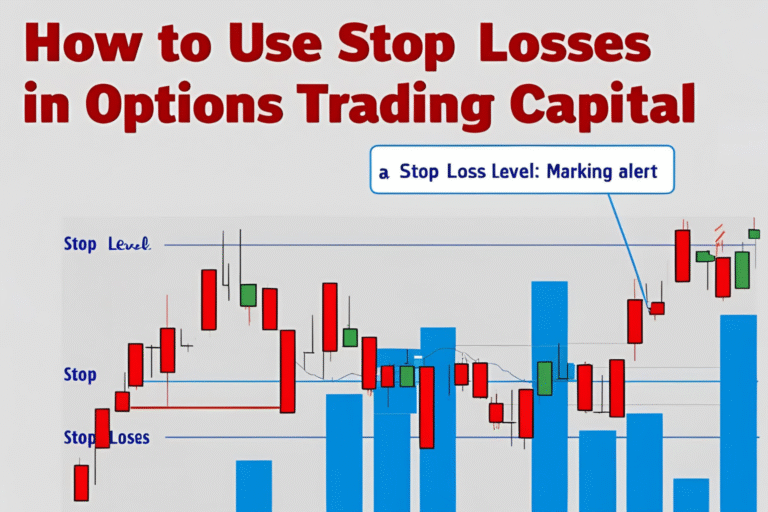How to Use Delta, Gamma, Theta & Vega in Options Trading
The options Greeks—Delta, Gamma, Theta, and Vega—are key to understanding how options behave. They help you evaluate price movement, time decay, and volatility impact. Mastering the Greeks lets you plan trades with more precision and control your risk.
In this guide, we explain each Greek and show how to apply them to your real-world trading strategy.
What Are the Options Greeks?
Options Greeks are metrics that show how an option’s price will change based on different factors:
- Delta: Sensitivity to stock price movement
- Gamma: Rate of change in Delta
- Theta: Time decay of the option
- Vega: Sensitivity to implied volatility
1. Delta – Price Sensitivity
- Range: 0 to 1 for calls, 0 to -1 for puts
- Example: A Delta of 0.60 means the option will gain $0.60 if the stock rises $1
- Use: Estimate probability of expiring in-the-money and guide position sizing
Tip: Use high-Delta options (>0.60) for directional trades, low-Delta for cheaper bets.
2. Gamma – Delta’s Speed
- Measures how fast Delta will change as the stock moves
- Higher Gamma = faster profit/loss acceleration
- Greatest near-the-money and close to expiration
Tip: Gamma risk increases with short-term options—monitor carefully in volatile markets.
3. Theta – Time Decay
- Measures how much value the option loses per day
- Shorter expiry = faster Theta decay
- Affects buyers negatively, sellers positively
Tip: Avoid buying options too early—Theta can eat up your premium quickly.
4. Vega – Volatility Impact
- Shows how sensitive the option is to implied volatility
- High Vega = bigger impact from IV changes
- Long-dated and out-of-the-money options have higher Vega
Tip: Avoid buying high-Vega options before earnings; IV crush will hurt your trade.
How to Use the Greeks in Strategy
| Greek | Best For | Watch Out For |
|---|---|---|
| Delta | Directional trades, hedging | Delta changes near expiration |
| Gamma | Fast moves, breakout trades | Unpredictable in low-volume setups |
| Theta | Income trades (selling options) | Hurts long positions over time |
| Vega | Trading IV, news-based trades | IV crush after events |
FAQs
1. What are the 4 main Greeks in options trading?
Delta, Gamma, Theta, and Vega—each measures a different market risk.
2. Which Greek is most important for beginners?
Delta. It shows how the option price changes with the stock price.
3. How does Theta affect my options trade?
It reduces option value over time, especially close to expiration.
4. Why should I care about Vega?
Vega tells you how sensitive your trade is to changes in implied volatility.
5. How can I reduce Gamma risk?
Use longer-term options or spreads instead of short-dated, at-the-money options.




